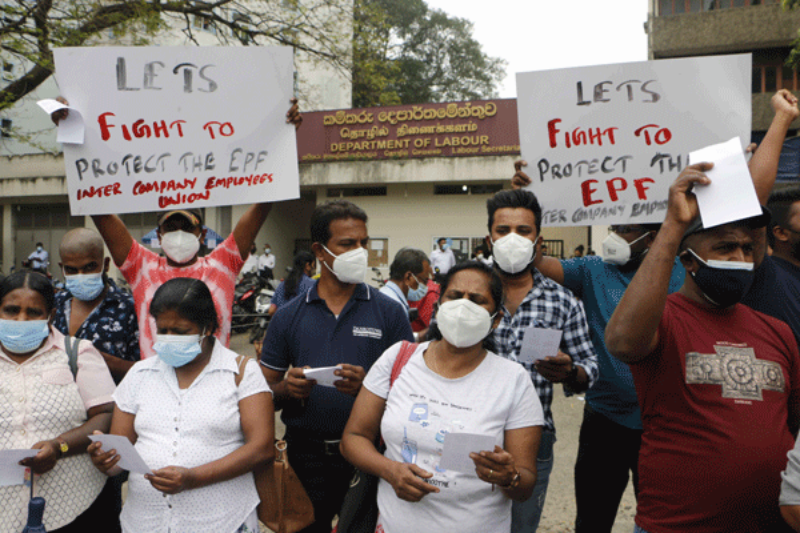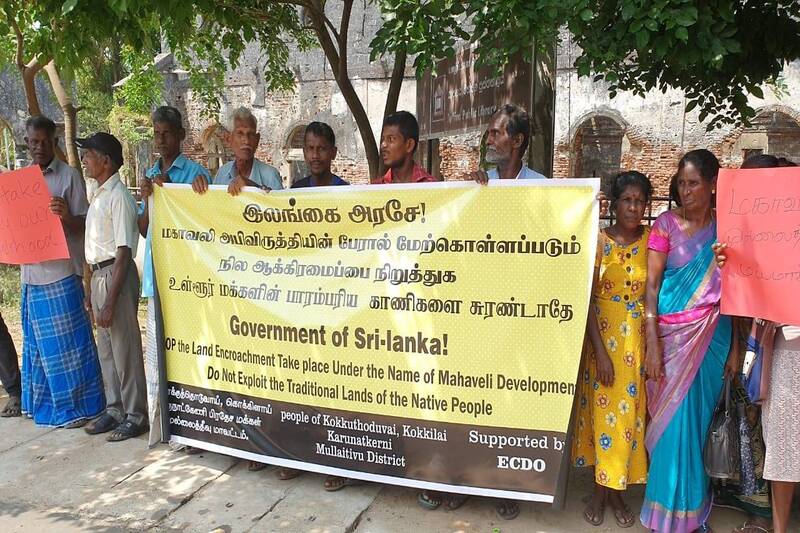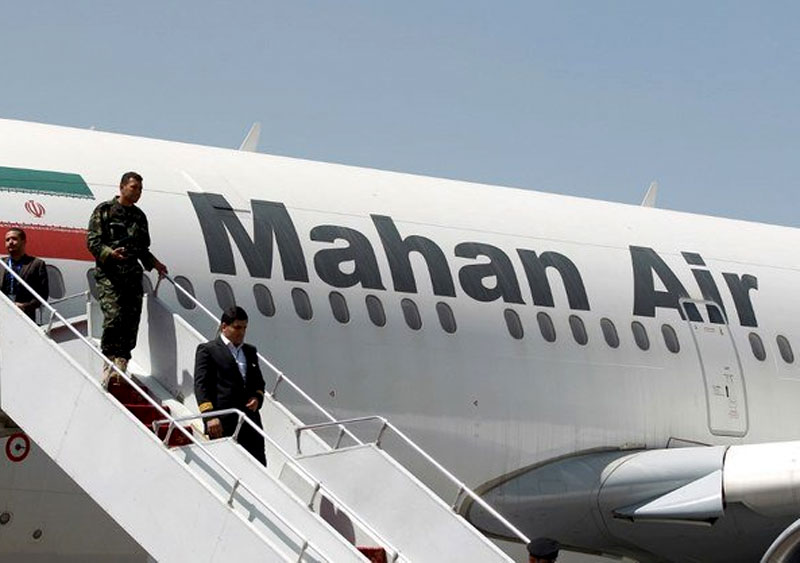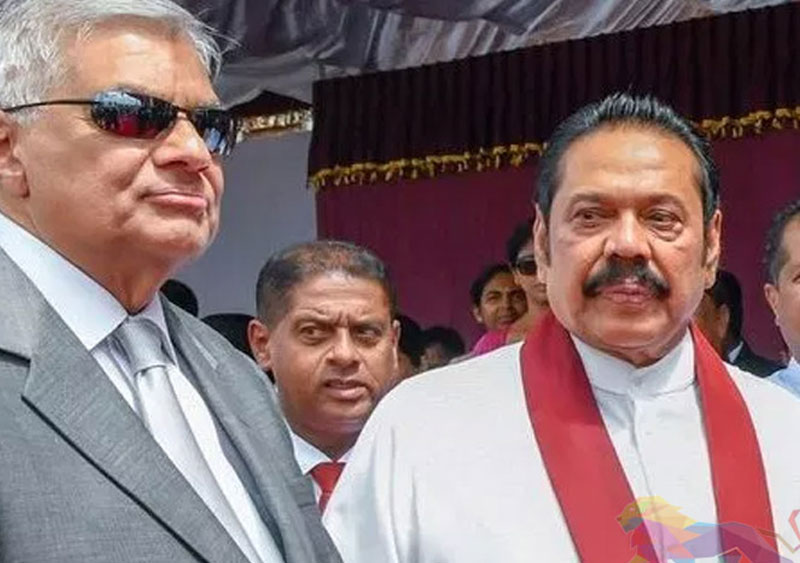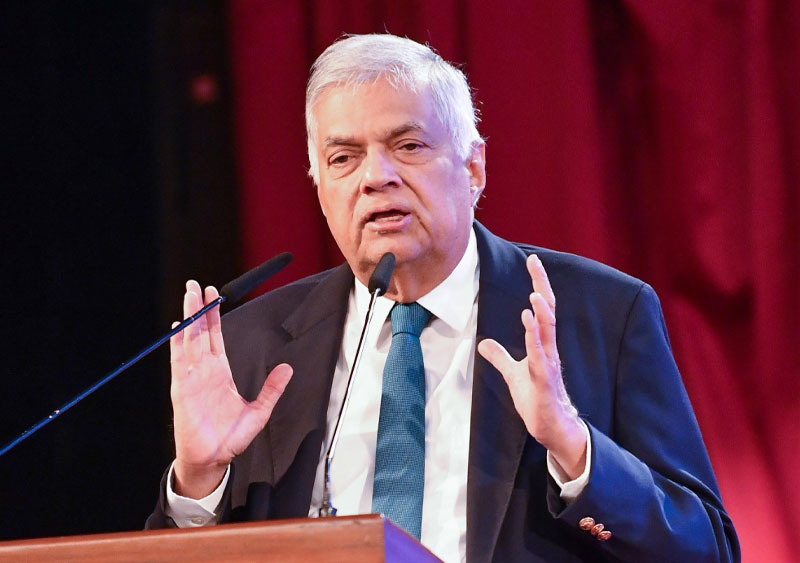PIC: Priyanka Samaraweera
With the Inland Revenue (Amendment) Act now in force, the interest payable on EPF investments could be increased from its present 14 per cent.
The relevant bill, passed by majority vote, was signed into law by the speaker yesterday (08).
Valued at Rs. 3.4 trillion, the EPF is in the care of the Central Bank of Sri Lanka (CBSL).
The amendments allow the payable interest on EPF to be either reduced to nine pc or raised to 30 pc.
CBSL officials, led by its governor Dr. Nandalal Weerasinghe met trade union representatives on 05 September, where the discussion was heated at times and ended without agreement.
What TUs demanded
TU representatives said a firm ‘no’ to the laying of the hands on pension savings of the 2.5 million workers under domestic debt restructuring (DDR) as per IMF bailout loan conditions.
President of the United Workers Conference Swastika Arulingam said the CBSL would no longer be treated as the custodian if those savings were manipulated.
TUs demanded that all pension funds be exempt from the DDR process and instead called for a forfeiture of the deposits of tax defaulters who had evaded payments of Rs. 904 billon by end-2022 as estimated by the Inland Revenue Department.
However, economic analyst and activist of United, Danusha Pathirana said that figure could be as high as Rs. two trillion.
Participants also called for a forensic audit to recover 53 billion US dollars that had been sent out of the country via fake invoices in international trade.
Odious debt among the local and foreign borrowings should be determined through a forensic audit, they also said.
Another of their demand is the withdrawal of tax holidays offered to Board of Investment companies.
CBSL governor Weerasinghe commented that the repayment of foreign loans has been halted since April 2022.
Without a DDR, repayment of domestic loans too, could come to a halt, he warned.
The best answer should be one that minimizes the impact on pension funds and local banks, he said.
Later, Pathirana told BBC Sinhala Service the government and the CBSL were now asking for a choice between the hand or the leg to be amputated.
He said a 30 pc tax will be levied if the ETF is not included in the DDR process, although it cannot be compared to a corporate tax as claimed by the CBSL.
If included, the ETF will lose 45 pc of its income within the next 16 years, he added.

